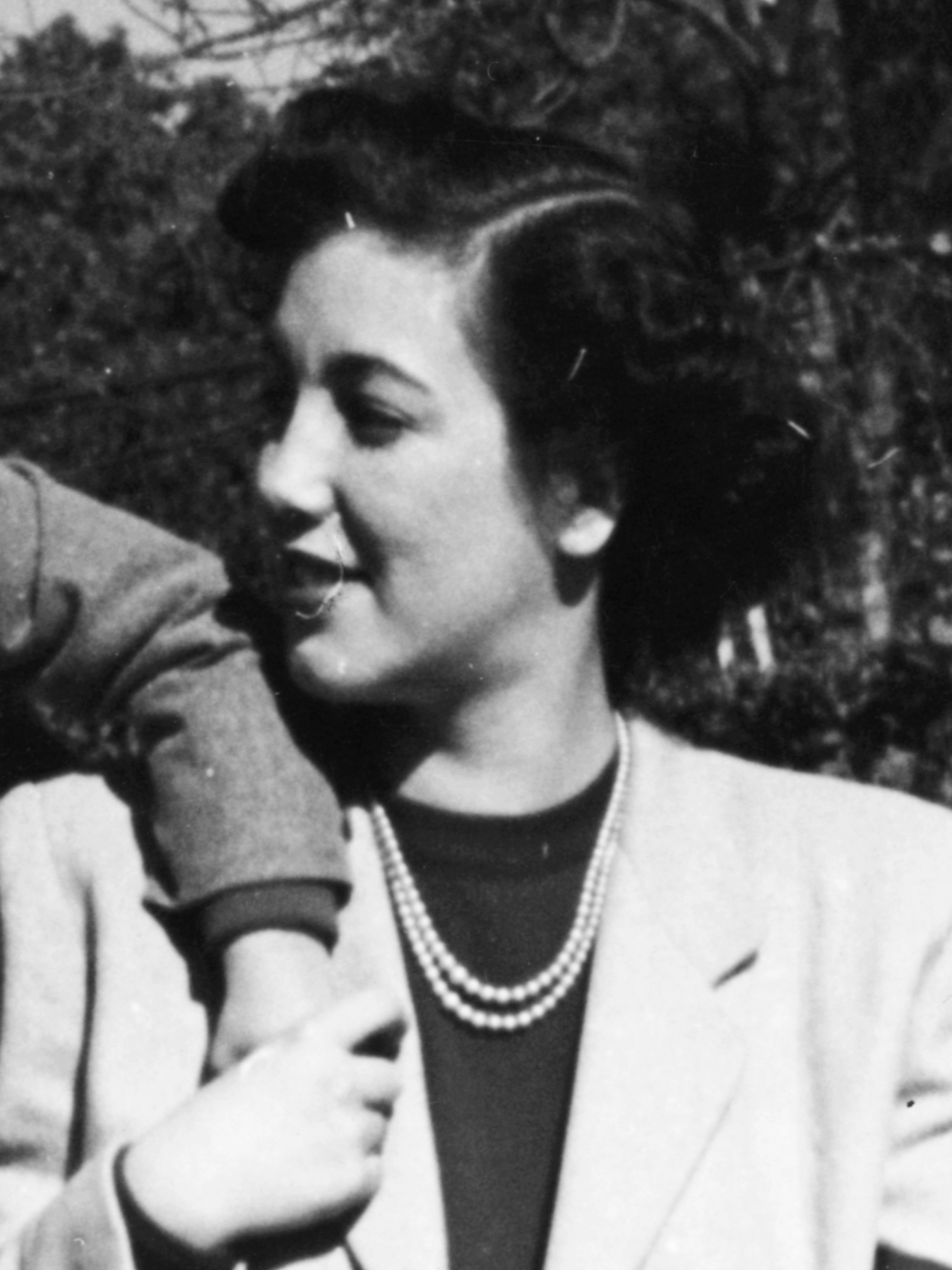Erzsébet Nagy (1950) on:
[Wikipedia]
[Google]
[Amazon]
 Erzsébet Nagy (13 April 1927 – 29 January 2008) was a Hungarian writer and translator, and the only child of the former Prime Minister of Hungary,
Erzsébet Nagy (13 April 1927 – 29 January 2008) was a Hungarian writer and translator, and the only child of the former Prime Minister of Hungary,
 Erzsébet Nagy (13 April 1927 – 29 January 2008) was a Hungarian writer and translator, and the only child of the former Prime Minister of Hungary,
Erzsébet Nagy (13 April 1927 – 29 January 2008) was a Hungarian writer and translator, and the only child of the former Prime Minister of Hungary, Imre Nagy
Imre Nagy (; 7 June 1896 – 16 June 1958) was a Hungarian communist politician who served as Chairman of the Council of Ministers (''de facto'' Prime Minister) of the Hungarian People's Republic from 1953 to 1955. In 1956 Nagy became leader ...
, who was executed following the failed Hungarian Revolution of 1956.
Biography
Erzsébet Nagy was born in the southern Hungarian city ofKaposvár
Kaposvár (; also known by other alternative names) is a city with county rights in the southwestern part of Hungary, south of Lake Balaton. It is one of the leading cities of Transdanubia, the capital of Somogy County, and the seat of the Kaposvá ...
on 13 April 1927. She was the only child of Imre Nagy and his wife, Mária Égető.
Erzsébet Nagy married Ferenc Jánosi. Imre Nagy
Imre Nagy (; 7 June 1896 – 16 June 1958) was a Hungarian communist politician who served as Chairman of the Council of Ministers (''de facto'' Prime Minister) of the Hungarian People's Republic from 1953 to 1955. In 1956 Nagy became leader ...
did not object to his daughter's romance and eventual marriage to a Protestant minister, attending their religious wedding ceremony in 1946 without Politburo permission. In 1982, Erzsébet Nagy married János Vészi.
Nagy's father, Prime Minister Imre Nagy, was leading figure in the Hungarian Revolution of 1956, which was crushed by troops from the Soviet Union
The Soviet Union,. officially the Union of Soviet Socialist Republics. (USSR),. was a transcontinental country that spanned much of Eurasia from 1922 to 1991. A flagship communist state, it was nominally a federal union of fifteen national ...
. Erzsébet Nagy, along with her parents, her husband, Ferenc Jánosi, and her children were all deported to Romania
Romania ( ; ro, România ) is a country located at the crossroads of Central Europe, Central, Eastern Europe, Eastern, and Southeast Europe, Southeastern Europe. It borders Bulgaria to the south, Ukraine to the north, Hungary to the west, S ...
from Hungary following the failure of the Revolution. Other major supporters of the uprising were also deported.
Imre Nagy was returned to Hungary, as Romania was also part of the Soviet-controlled Warsaw Pact
The Warsaw Pact (WP) or Treaty of Warsaw, formally the Treaty of Friendship, Cooperation and Mutual Assistance, was a collective defense treaty signed in Warsaw, Poland, between the Soviet Union and seven other Eastern Bloc socialist republic ...
. He was found guilty of treason and executed by the Hungarian Communist
Communism (from Latin la, communis, lit=common, universal, label=none) is a far-left sociopolitical, philosophical, and economic ideology and current within the socialist movement whose goal is the establishment of a communist society, a s ...
government. Erzsébet Nagy did not return to her native Hungary until after her father's trial and execution. Nagy, a writer and translator by profession, was forced to work from her home for 15 years, as she was placed under a virtual house arrest
In justice and law, house arrest (also called home confinement, home detention, or, in modern times, electronic monitoring) is a measure by which a person is confined by the authorities to their residence. Travel is usually restricted, if all ...
by the Hungarian Communist government.
During the 1980s, Nagy became one of the co-founders of the Historical Justice Committee, which sought to exonerate those who were vilified and implicated in the 1956 Hungarian Revolution by the Communists authorities. Nagy actively participated in the memorial commemorations for those killed in the uprising following the Fall of Communism in 1989. She was noted for sometimes commemorating the 1956 Revolution with former Hungarian Communist officials who had supported the Soviet Union during the uprising. Nagy's efforts were considered controversial by anti-Communists, but were also interpreted as an attempt to heal deep political divisions that existed from the Communist era.
Nagy died on 29 January 2008, in Budapest, Hungary
Budapest (, ; ) is the capital and most populous city of Hungary. It is the ninth-largest city in the European Union by population within city limits and the second-largest city on the Danube river; the city has an estimated population of ...
from an undisclosed illness. She was survived by her son and daughter.
References
{{DEFAULTSORT:Nagy, Erzsebet 1927 births 2008 deaths Hungarian translators People from Kaposvár 20th-century translators Children of prime ministers of Hungary 20th-century Hungarian women writers 20th-century Hungarian writers